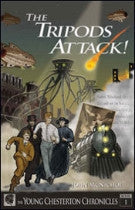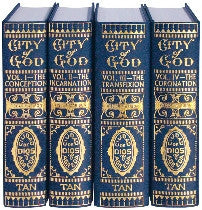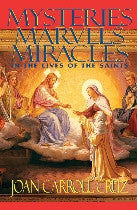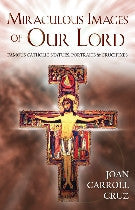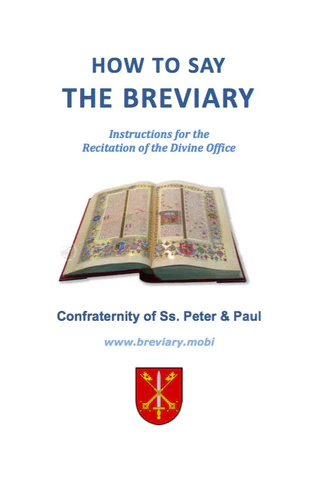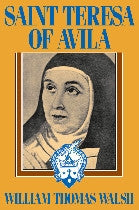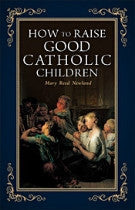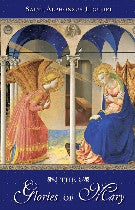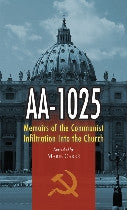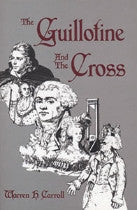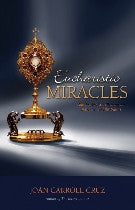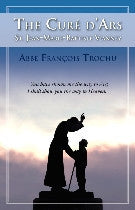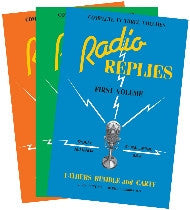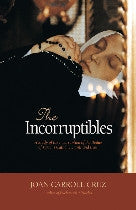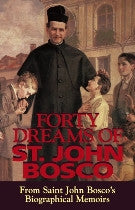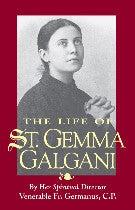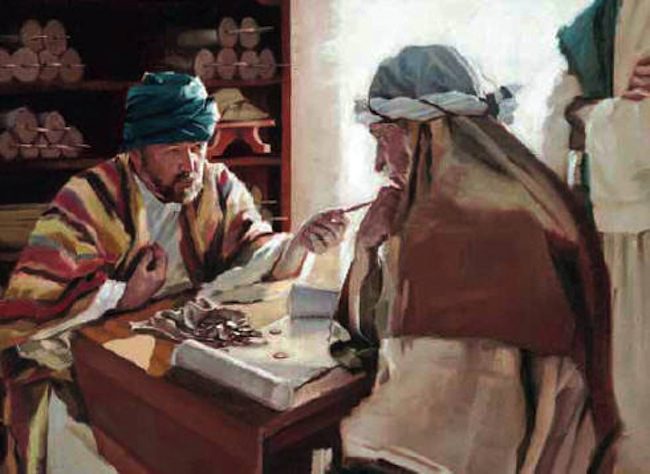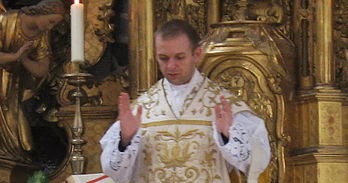The Liturgical Week
The Liturgical Theme of the Days of the Week
This is the day that the Lord hath made.
Sunday, the first day of the week, is consecrated to the Most Holy Trinity. We are grateful to the Father for having created us (Invitatory), to the Son for having redeemed us, to the Holy Ghost for having sanctified us. The mystery of the Blessed Trinity is the first great thought of the day. The second is the mystery of Christ’s Resurrection: each Sunday is Easter repeated, “the day that the Lord hath made,” and from the Resurrection it receives its joyful spirit.
This is the day that the Lord hath made.
Sunday, the first day of the week, is consecrated to the Most Holy Trinity. We are grateful to the Father for having created us (Invitatory), to the Son for having redeemed us, to the Holy Ghost for having sanctified us. The mystery of the Blessed Trinity is the first great thought of the day. The second is the mystery of Christ’s Resurrection: each Sunday is Easter repeated, “the day that the Lord hath made,” and from the Resurrection it receives its joyful spirit.
At nightfall, weeping enters in, but with the dawn, rejoicing
The Monday Office does not have one unifed theme chosen from the mysteries of salvation; but we can certainly find a constantly recurring thought which is in harmony with its position in the week. After the day of rest, the work of the week begins. Monday is the first workday; it has a watchword: On into the conflict of the week with a joyful spirit! Joyous as a bridegroom, strong as a hero, hasten through the course of the week (Ps. 18, Prime). This joyful and trusting note can be heard in most of the Hours. The invitatory already stresses the sentiment: “O Come, let us sing unto the Lord.” We begin this week, not in a sour and despairing mood, but with a joyous spirit. Matins paints us a picture of victory; Lauds is full of joy; Prime is particularly appropriate as a morning prayer for the beginning of the week. And so: On into the conflict of the week with a joyful spirit.
God our Saviour
The liturgy of Tuesday has no special character; it is not dedicated to any particular purpose, saint, or mystery. Tuesday, like all weekdays, is a day of conflict; it stands between joyful Monday and stern Wednesday.
The power of sin
Wednesday is the middle of the week and at the same time the high point of the week’s struggle against sin and vice. Quite naturally, the Hours of prayer are given over to these thoughts. Wednesday also serves as a sorrowful reminder of Judas’ betrayal.
O Sacred Banquet!
Thursday, the day on which the holy Eucharist was instituted, has always been consecrated to the remembrance and worship of this sacred mystery. Of course we must not seek a Eucharistic import in every Psalm of the Office; it is not the spirit of the liturgy to systematize things so precisely. The theme of each day’s Office runs softly and unobtrusively through the Hours of the day. But one Hour, Prime, which on every day has something of a Eucharistic character, is devoted entirely on Thursday to the thought of the Holy Eucharist. In the other Hours there is a more or less marked reference to the Eucharist: at Matins, Psalm 67; at Lauds and Vepsers, the Psalms; Terce, too, can be turned into a Eucharistic prayer. The last Psalms of Matins remind us of Jesus’ agony in the Garden of Olives.
O my people, what have I done unto thee?
Friday commemorates the day of Christ’s death on the Cross. This remembrance finds frequent expression in the Hours for today. Only one Hour (Prime), to be sure, is exclusively dedicated to a meditation of the Passion, but all the other Hours have their traces of this central and most holy event in the story of Christendom.
The End
Saturday is the last day of the week, and it reminds us of the end of our life, the end of the world. This theme runs through all the Hours, repeating itself with new and different implications. In Matins, we view all of history and all of life from the viewpoint of the final end; we adore God as faithful in his providence, long-suffering in his mercy, Helper and Redeemer. In Lauds and in Prime we see God once again as the just Judge coming at the end of time to mete out punishment and praise. In Terce we experience a longing for heaven; at Sext all of creation goes about its daily round of work; at None we contemplate the spectacle of hell. Vespers is a thankful retrospect upon the wee spent in the work of our redemption, and Compline is the night-prayer of our life. The theme for the whole day―the end. Saturday has long been dedicated to the Blessed Virgin Mary, but this thought does not seem to be expressed in the Psalter.




